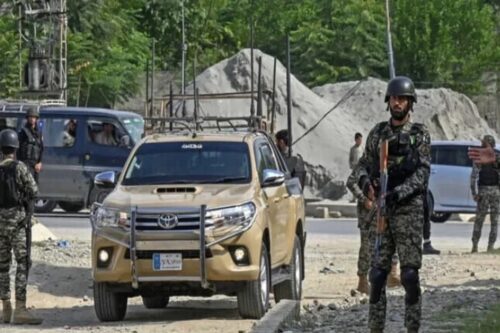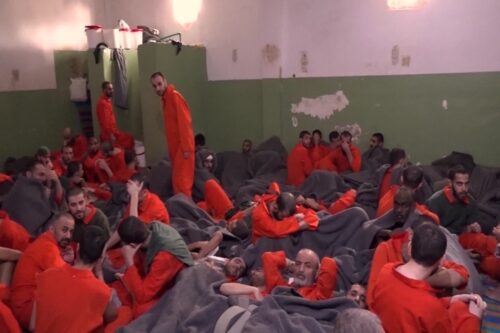
An estimated 10,900 people in Artsakh lose their jobs and source of income
According to preliminary estimates, around 10,900 people have lost their jobs and source of income in Artsakh. On May 11, the Artsakh Human Rights Ombudsman’s Office published an updated version of an extraordinary trilingual report on violations of individual and collective human rights due to Azerbaijan’s five-month (150-day) blockade of Artsakh. The report presents comprehensive and detailed data on violations of seven individual rights, five vulnerable group rights and four collective rights, which reflect the deepening humanitarian crisis and the Azerbaijani genocidal policy against the people of Artsakh.
Below are some key data reflected in the report on human rights violations as a result of the blockade.
The two-way movement of people along the Stepanakert-Goris highway (Lachin Corridor) has decreased almost 200 times (1,839 entries and departures instead of 367,500); nearly 54 times less vehicle movement has been recorded than there would have been without the blockade (2,558 vehicles, exclusively those of the Red Cross and Russian peacekeepers entered and departed instead of 138,000); about 13 times less vital commodities have been imported than actually needed (4,623 tons instead of 60,000 tons).
A total of about 3,900 people, including 570 children, have not been able to return to their homes as a result of the blockade. Due to the suspension of planned surgeries, about 1,200 citizens have been deprived of the opportunity to receive necessary medical treatment.
Azerbaijan has completely or partially cut off gas supply from Armenia to Artsakh for a total of 85 days. The electricity supply from Armenia to Artsakh has been completely disrupted for days, which continues to lead to rolling blackouts and emergency shutdowns.
An estimated 10,900 people have lost their work and source of income. The country’s economy has suffered a loss of around $285 million.
A number of rights violations are more pronounced among vulnerable groups, namely 30,000 children, 9,000 persons with disabilities, 20,000 elderly, 60,000 women and girls, and 15,000 displaced persons.


